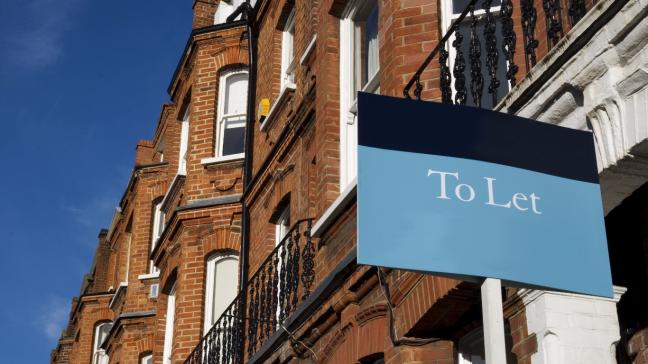Anyone buying a second home is now required to pay an extra 3% in Stamp Duty. And there will also be changes in the way rental income is taxed from April next year. For landlords, this means they can only claim the 20%, and not their usual tax rate.
David Hollingworth, Associate Director at London & Country said: "The government has put its flag firmly on the home ownership side saying it wants to help first-time buyers.”
However, according to some commentators, it’s actually first-time buyers who may pay the price for the buy-to-let crackdown; the very people the government claims it wants to help.
Why first-time buyers could lose out
“The people who will lose out will be first-time buyers and tenants,” says David Cox, MD of the Association of Residential Letting Agents (ARLA).
This, he says, is because over the long term, “house prices will rise and tenants who are saving for their first property will be faced with increased rent costs; all of which make it difficult for first-time buyers”.
The cost of renting is already on the rise. Across the UK (excluding London) the average monthly rent in April was £764. That’s 5.1% higher than the same time last year according to HomeLet Rental Index, when it was £728.
While rising rents affect tenants across the board, it’s those on the verge of buying who will be hardest hit, according to Cox. “Those at the bottom end of the rental market can never afford to buy their own home; those at the top end only rent until they ‘want’ to buy, but those in the middle will be hardest hit as they’re living in properties they can afford to rent but not buy”.
Is the buy-to-let crackdown a good idea?
The rapid rise of the British landlord has seen buy-to-let mortgage lending rocket 40% since 2008, compared with just 2% for ‘ordinary’ mortgage lending according to Bank of England figures. So it's perhaps understandable why politicians want to act - or be seen to act - to slow this growth and help out traditional homebuyers.
“Raising taxes on buy-to-let landlords is likely to help at the margins but ultimately the government needs to do much more if it’s to reverse the dramatic decline in home-ownership we’ve seen since 2010”, says John Healey MP, Shadow Minister for Housing and Planning.
Trying to clamp down on the buy-to-let market isn’t the answer according to property analyst Kate Faulkner, from propertychecklists.co.uk “The problem with all these changes is that the government hasn’t got a master plan. It’s not built social housing, it’s sold off council houses and what it’s got is a checklist of problems in the housing market and it’s now ‘robbing Peter to pay Paul”.
And while some landlords may struggle, Faulkner says that around 30% of buy-to-let landlords own property outright, so they won’t be affected by the impending tax cuts. Furthermore, basic rate taxpayers won’t see a change as it’s higher rate taxpayers who’ll see their tax relief rate slashed.
But it’s early days when it comes to seeing the fall out from the government changes according to ARLA’s David Cox, who says, “we’re unlikely to see the full impact of any clampdown until the end of 2017 and even early 2018”.

So what will the long-term impact really be?
“Homeownership is in freefall”, says John Healey, Shadow Minister for Housing and Planning. He claims that, under the last Labour government, a million more families became homeowners. But after six years of the Conservatives there are a third of a million fewer homeowners under 35, with no long term strategy to fix this.
From the landlords’ side of the fence; even if they face tough times ahead, they may choose to sit tight says to Ray Boulger, senior technical manager from John Charcol, an independent mortgage adviser.
“We saw house prices fall 20% between the Autumn of 2007 and Spring 2009 but there wasn’t a rush of landlords to sell up, so we’ve already tested the ‘buy-to-let’ market in a downturn”.
And even if some landlords do decide to sell up and get out of the buy-to-let game it may be the case that the smaller ones ‘sell’ on to bigger landlords says ARLA’s David Cox.
If say you’re renting your property out through a letting agent and thinking of selling, Cox says “the agency will have landlords on its books who may well be cash buyers so even if you’re selling up, that property may not reach the open market”.
But even if property is up for sale, “it may not be in areas that first-time buyers want to buy” says Kate Faulkner, “and the idea that a landlord just sells up and a first-time buyer runs is laughable”.
So it seems tenants and homeowners are unlikely to benefit from the clampdown. Instead, what they need is a dramatically increase in the number of new homes being built.
On that front, the government has been pressuring housebuilders to increase output. And while some of the nation's biggest firms have this week pledged to do exactly that, it's clear they'll have to go some distance to bridge the huge gap between supply and demand.


